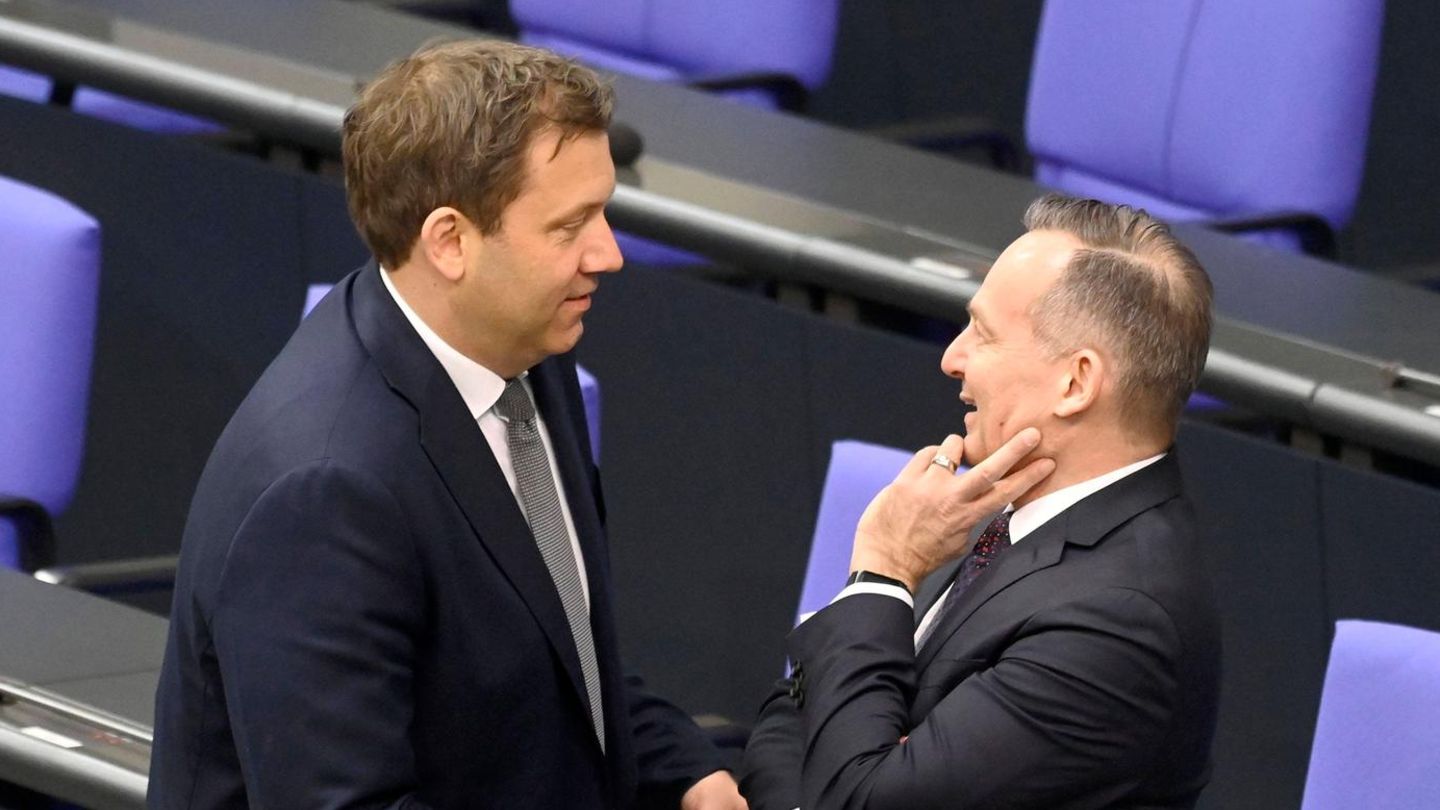According to calculations by the union-related Hans Böckler Foundation, women in particular would benefit from an increase in the minimum wage – as would employees in smaller companies without collective bargaining agreements.
According to calculations by the union-affiliated Hans Böckler Foundation, women could benefit more than average from a minimum wage of 12 euros, as demanded by the SPD and the Greens in their election programs.
According to a study published on Friday by the Institute for Economic and Social Sciences (WSI), a higher minimum wage would not only lead to better pay in industries with traditionally many low-wage employees such as the hospitality industry or retail trade. Employees in medical practices, law firms and the office floors of German companies could also expect more money for their work.
In addition to women who worked part-time or who had a fixed-term contract, employees in smaller companies without collective bargaining agreements were also among the main beneficiaries. Regionally, a higher minimum wage would mainly reach employees in the east and north of the republic. For the study, WSI tariff expert Malte Lübker evaluated the salary information of almost 200,000 employees from the salary portal Lohnspiegel.de.
The minimum wage is currently EUR 9.60 per hour. It will be increased to EUR 9.82 on January 1, 2022 and to EUR 10.45 on July 1, 2022. A minimum wage commission recommended these levels decided by the federal cabinet. Representatives of employers and trade unions are primarily represented there. The Union and FDP reject an increase in the minimum wage to 12 euros. Business associations had warned that politics would interfere with the work of the minimum wage commission.
Jane Stock is a technology author, who has written for 24 Hours World. She writes about the latest in technology news and trends, and is always on the lookout for new and innovative ways to improve his audience’s experience.




